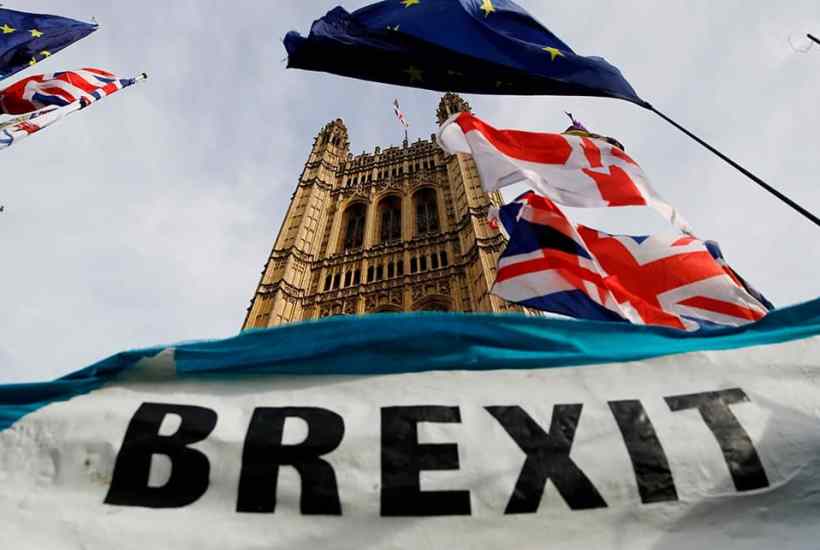After the Jubilee dream of a lovely lost Britain, back to reality with a face-slap: the reality of the £8 pint of beer, the £8-plus gallon of diesel and the death throes of a Downing Street regime that has no discernible answers to the cost-of-living crisis. All of which takes me back to some questions I’ve been pondering for a while: whether the UK faces higher inflation and a deeper downturn than the rest of the western world, if so why, and who we should blame.
Already a subscriber? Log in
Subscribe for just $2 a week
Try a month of The Spectator Australia absolutely free and without commitment. Not only that but – if you choose to continue – you’ll pay just $2 a week for your first year.
- Unlimited access to spectator.com.au and app
- The weekly edition on the Spectator Australia app
- Spectator podcasts and newsletters
- Full access to spectator.co.uk
Unlock this article
You might disagree with half of it, but you’ll enjoy reading all of it. Try your first month for free, then just $2 a week for the remainder of your first year.














Comments
Don't miss out
Join the conversation with other Spectator Australia readers. Subscribe to leave a comment.
SUBSCRIBEAlready a subscriber? Log in